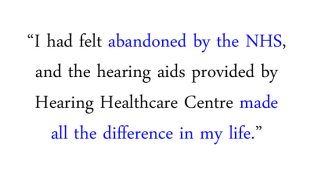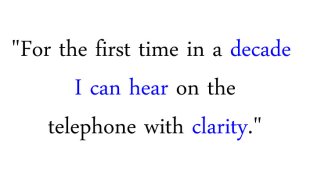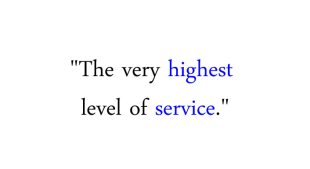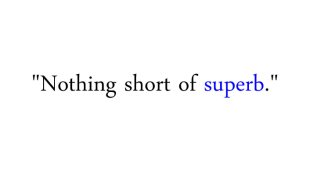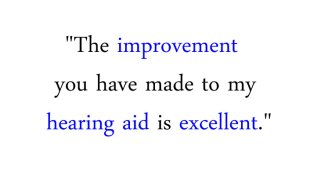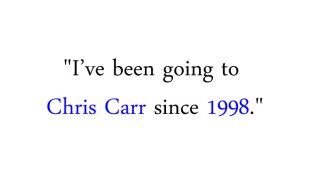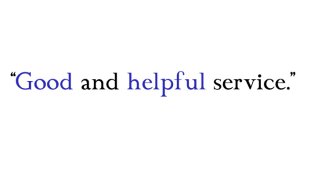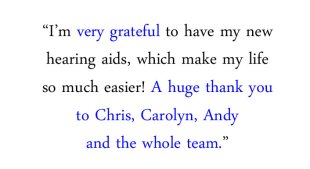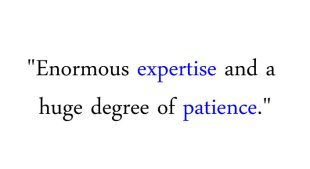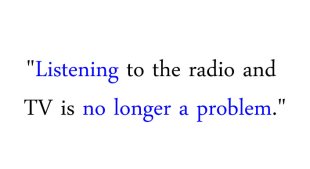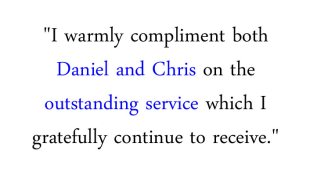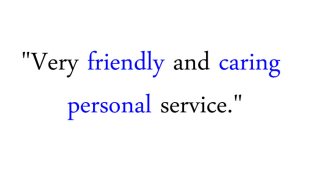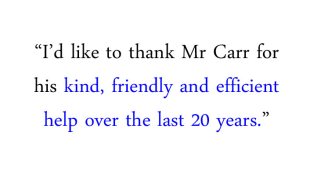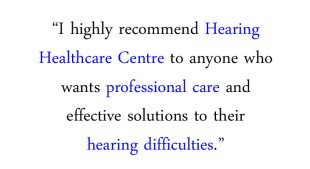A hearing assessment is a two-way process. A good audiologist will explain things at every step of the way to make sure clients understand their condition and, if hearing aids are needed, how they will help. It’s therefore, useful to know in advance what questions should be asked in a hearing assessment to ensure the best outcome.
What effects has the hearing loss had?
The more information a client can give about when their hearing loss has been problematic, the better the audiologist will be able to help. A clear account of when the difficulties occur – such as at parties, meetings, the theatre etc – will give the audiologist a better idea of the type of hearing loss being experienced. They will then be able to recommend the best aids to manage the problem, but will also have an idea of the kind of hearing assistive devices which can help improve the quality of life.
Could the hearing loss be caused by anything else?
The first thing an audiologist will do is examine the client’s ears to see if the hearing loss could be caused by wax or an obstruction which can be removed.
Will there be problems with hearing aids caused by lack of dexterity?
If a client has arthritis or significant sight loss, they may find it difficult to handle modern hearing aids, which are tiny and can be very fiddly. The audiologist may, therefore, recommend a larger aid which will be easier for the client to manage.
Does size matter?
The size of the hearing aid recommended is based on the level of hearing loss rather than the client’s desire for a discreet aid which hides their condition. A good audiologist will only recommend the most appropriate hearing aids to manage the level of hearing loss. They will not sell a client an inappropriate aid because it suits their cosmetic preference. However, some people are happy for their hearing aids to be visible because it’s a good indication to others that they have a hearing loss problem.
Will it be difficult to get used to having hearing aids?
The average person waits about 10 years from first noticing they’re experiencing problems with their hearing to the time they visit an audiologist. This means that the first time they wear their hearing aids could be a big learning curve when their brain has to recalibrate all the forgotten sounds that are suddenly clear again. The best way to avoid this sudden – and sometimes shocking – change is to start wearing hearing aids from the very first sign of hearing loss.
What if the hearing aids make things too loud?
At the initial fitting, a good audiologist will make an appointment for their client to return a couple of weeks later to adjust the hearing aids to being able to hear more of the world around them.
If you or anyone you know is concerned about their hearing, then call us today for a hearing screening. We can identify any onset of hearing loss and guide you to maintain an active and youthful lifestyle.



